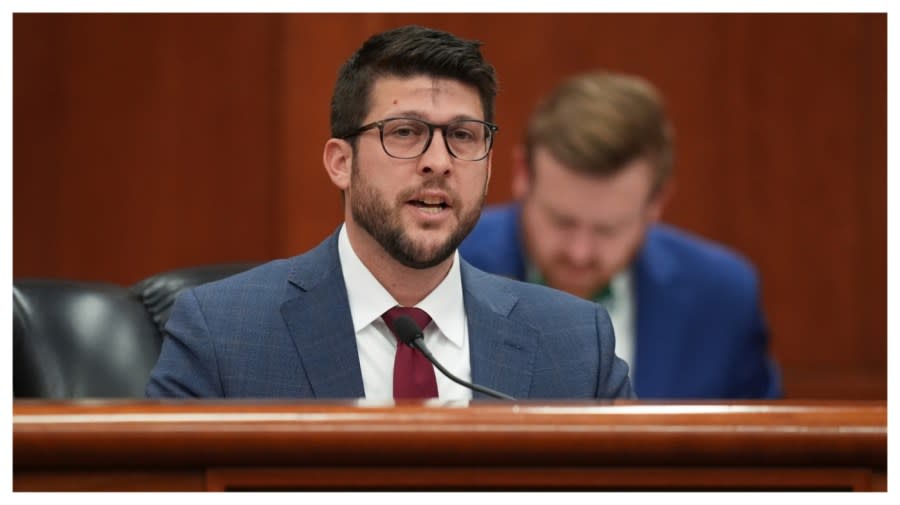Florida Appeals to Supreme Court to Enforce Blocked Immigration Law
Washington, D.C. — June 24, 2025 — In a high-stakes legal move, Florida officials are asking the U.S. Supreme Court to let the state enforce a controversial immigration law that has been blocked for months. The law, known as Senate Bill 4-C, would make it a crime for people in the country illegally to enter Florida — and now, the state is making the case that it should be allowed to protect its own borders.

At the heart of the debate is a deep and emotional divide over who should control immigration enforcement in the United States — the federal government or the states themselves. And for many Floridians, that’s more than a policy question. It’s about safety, community trust, and who gets to call Florida home.
Florida Attorney General James Uthmeier, in an emergency request to the Supreme Court, argued that the state has been “disabled” from protecting its people. He says the law is a necessary tool to fight what he calls the dangerous fallout of illegal immigration — from drug trafficking to human smuggling.
“Our communities are paying the price,” Uthmeier said in a statement. “We need to be able to act.”
But civil rights groups and immigration advocates say the law crosses a dangerous line. They argue that allowing individual states to police immigration could lead to racial profiling and harassment of Latino residents, regardless of their status. They also say it violates the U.S. Constitution, which gives immigration authority to the federal government.
The legal battle has been anything but smooth. In April, federal Judge Kathleen Williams blocked the law from taking effect, saying it likely conflicts with federal immigration powers. When Uthmeier later told law enforcement that they could still enforce parts of the law, despite the judge’s order, she held him in contempt of court — a rare and serious rebuke. He now has to file updates with the court every two weeks to prove he’s complying.
For now, the law remains frozen. But Uthmeier’s appeal to the Supreme Court could change everything — not just for Florida, but for other states watching closely. If the high court agrees to take up the case, it could set a major precedent on how far states can go in immigration enforcement.
With immigration already one of the most emotional and politically charged issues in America, this legal fight is about more than courtroom arguments. It’s about fear, fairness, and who has the right to draw the line.


Comments are closed, but trackbacks and pingbacks are open.